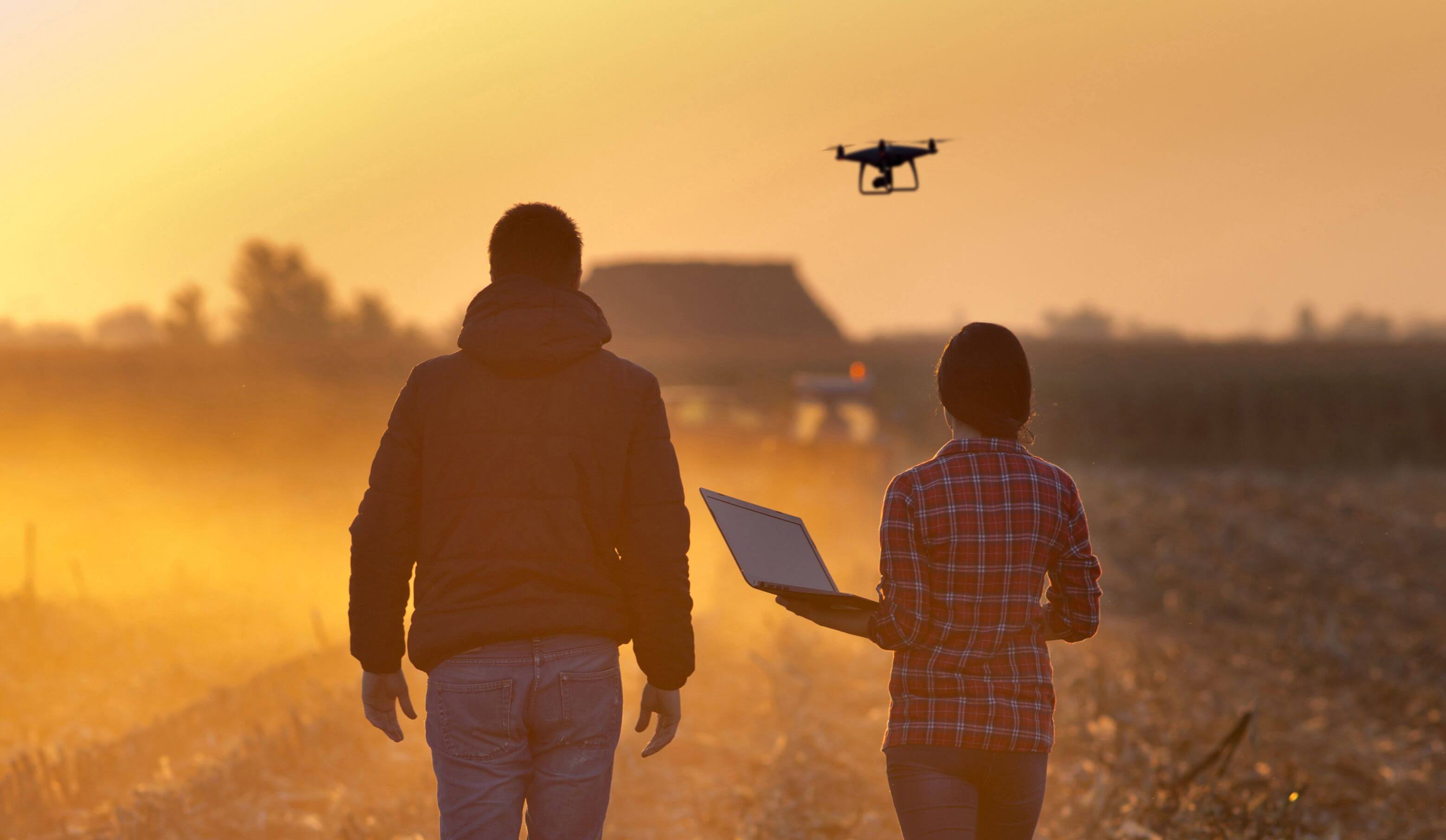
The agricultural sector is in the middle of the data-driven transformation. Farmers and commodity traders are heading towards technological innovation in agriculture, adopting data analytics and smart farming technologies. Facing a crucial period in their history, agricultural businesses are tasked with combating the issues that will change not only their working methods but the world as we know it.
The agribusiness issues at hand
One of the greatest pain points associated with agriculture is the ability to predict the events that will achieve a given result.
Conditions play even less in the favour of farms positioned within markets that face rising production costs. The global population reaching 9.6 billion people by 2050, up from around 7 billion at present, according to forecasts from the United Nations, combined with the spread of economic prosperity are adding great pressure to the market. The UN suggests the doubling of crop production by 2050 as a countermeasure to this growth.
Some farmers simply cannot increase their land in order to grow more crops. As a result, there is a case for technology to make better use of the space available.
How IoT and predictive analytics can solve agriculture's pressing problems
To become more efficient, agricultural businesses need data and plenty of it. This opens the door for technological innovation, as the size of these businesses and their plots of land prevent any kind of manual surveying.
Already we are seeing an active use of IoT devices to analyse the status of crops, capturing real-time data with sensors. For instance, with soil sensors, farmers can detect any irregular conditions such as high acidity and efficiently tackle these issues to improve their yield.
The data gathered from sensors allows to apply advanced analytics and get the insight that aid decisions around harvesting, while machine learning can transform the figures into solid predictions. Using advanced analytics, agricultural businesses can forecast yields, foresee unexpected weather conditions, predict market demand and mitigate risks, as well as better plan their capacity.
Agricultural drone is also among the key components of smart farming today. Tasked with the surveying of crop and livestock conditions from up high, their use of time lapsing within on-board cameras is helping farmers identify problems in areas like irrigation, which would otherwise go undetected.
Other members of the drone family allow for the spraying of crops at a greater accuracy than a tractor. As an added benefit, this also seeks to reduce the risk of human exposure to harmful chemicals. Back to ground level, there is potential for other robots to help out with manual duties like planting, ploughing and meat production.
The end goal in this case? A more efficient, more effective farm.

Conclusion
To spell things out: population growth could mean that every agricultural business will have to increase their levels of productivity over the next 30 years. That said, a review of the tech on today’s market suggests even the most specific problems can be matched with smart agribusiness solutions.
In the era of smart agriculture, IoT and predictive analytics are powering more efficient operations around the world. Combining IoT with analytics, agribusinesses get accurate predictions for crops and market conditions, allowing to increase their yields and profits. Smart application of technologies can facilitate warehouse and inventory management, help plan and execute seasonal works with the automated flow of data from the fields and agro-research labs.
Get in touch with ELEKS to see where the IoT can help futureproof your own agricultural business.
Related Insights








The breadth of knowledge and understanding that ELEKS has within its walls allows us to leverage that expertise to make superior deliverables for our customers. When you work with ELEKS, you are working with the top 1% of the aptitude and engineering excellence of the whole country.

Right from the start, we really liked ELEKS’ commitment and engagement. They came to us with their best people to try to understand our context, our business idea, and developed the first prototype with us. They were very professional and very customer oriented. I think, without ELEKS it probably would not have been possible to have such a successful product in such a short period of time.

ELEKS has been involved in the development of a number of our consumer-facing websites and mobile applications that allow our customers to easily track their shipments, get the information they need as well as stay in touch with us. We’ve appreciated the level of ELEKS’ expertise, responsiveness and attention to details.

